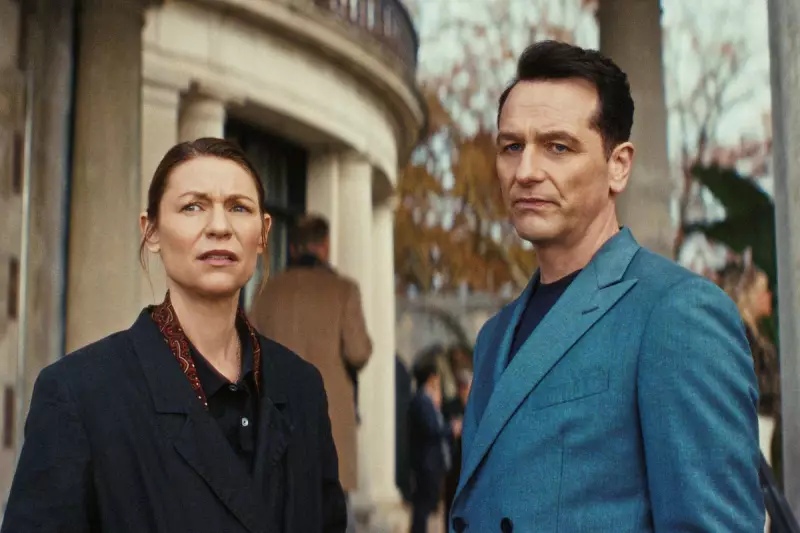
Claire Danes Masters Emotional Turmoil Once Again
Netflix's latest psychological thriller The Beast in Me showcases Claire Danes doing what she does best - delivering raw, gut-wrenching emotional performances that leave audiences both captivated and emotionally drained. The Homeland star brings her signature intensity to the role of Aggie Wiggs, a Pulitzer Prize-winning author grappling with unimaginable grief.
A Career Built on Emotional Authenticity
Danes has built her career on portraying complex, emotionally charged characters. From her breakout role as angsty teenager Angela Chase in My So-Called Life to her Emmy-winning performance as CIA officer Carrie Mathison in Homeland, she has consistently demonstrated an unparalleled ability to convey deep emotional turmoil. Her crying scenes in particular have become legendary, with Baz Luhrmann once declaring her "the Meryl Streep of her generation".
In The Beast in Me, Danes plays a writer whose young son was killed by a drunk driver who escaped justice. Instead of working on her assigned book about Supreme Court justices Ruth Bader Ginsburg and Antonin Scalia, she becomes obsessed with her new neighbour Nile Jarvis, played by Matthew Rhys, who may have murdered his wife.
Critical Acclaim and Industry Recognition
Early reviews have been overwhelmingly positive, with Time magazine calling it her best performance since Homeland and The Guardian awarding it five stars. Critics have praised the chemistry between Danes and Rhys, suggesting awards recognition is likely forthcoming.
The series, which began streaming on Wednesday 19 November 2025, represents another entry in Danes' impressive portfolio of emotionally demanding roles. Her co-stars have frequently commented on her immersive approach to acting, with David Harewood recalling how her intensity caused him to forget his lines during Homeland filming.
Despite the emotional toll these roles might suggest, Danes has revealed she uses simple rituals like putting her jewellery back on to separate from her characters after filming. For audiences, however, the experience of watching her work remains profoundly affecting, showcasing a vulnerability that resonates deeply with viewers.






